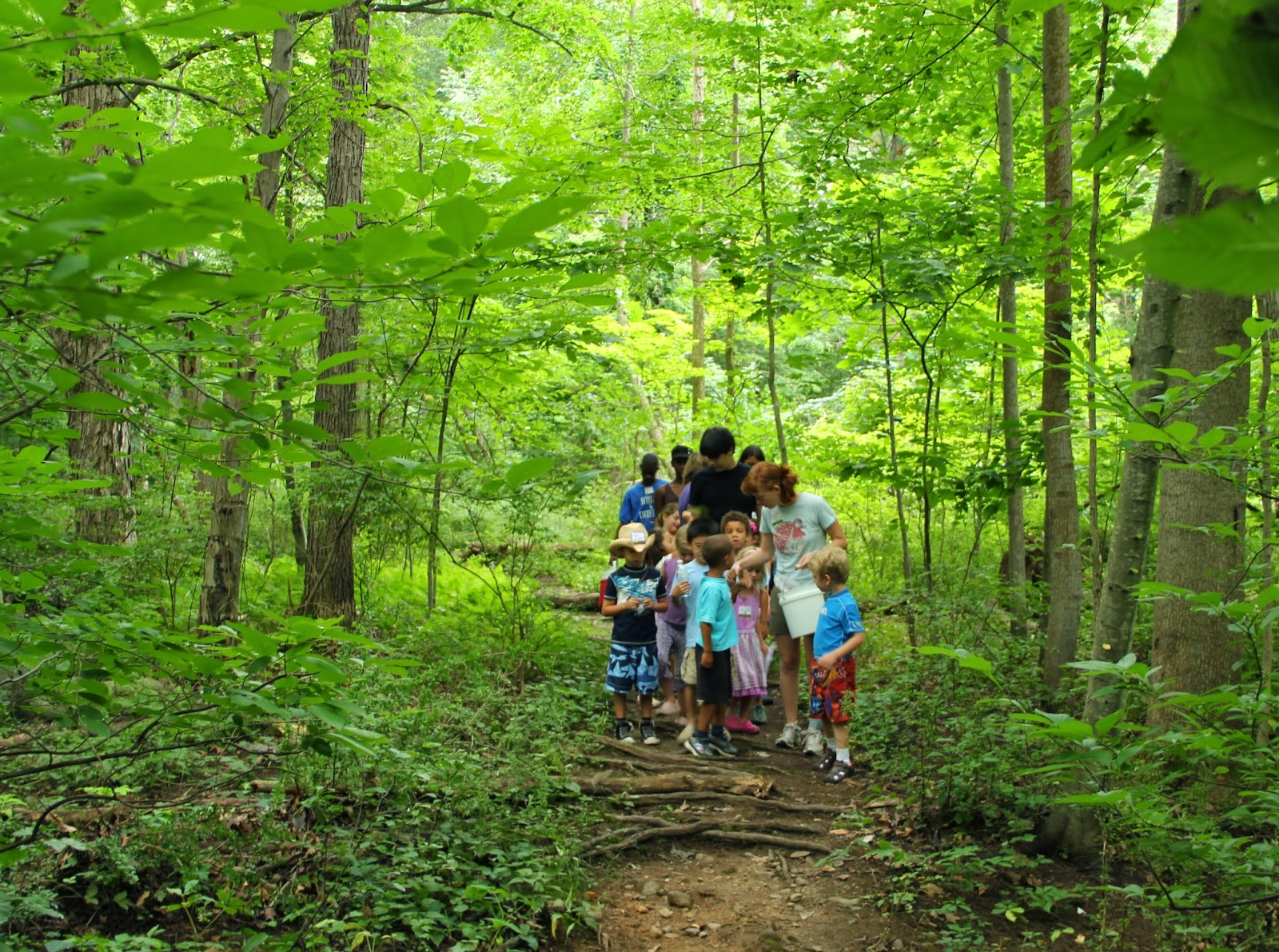One quote that I found during the reading that caused me to rethink was " The manifestation of biophobia, explicit in the urge to control nature, has led to a world in which it is becoming easier to be biophobic." ( Orr, 190)
I agree that living in a society where the norm is to be economically successful directly affects the environment. A lot of it has to do with the way people are raised. People who grow up in the city tend to stay in the city and pursue their careers there. Being environmentally cautious can be hard when you live in the city because there's only so much one can do. Many people find it easier to be carefree in regards to the environment and continue polluting because that's how they were raised. Also, it can sometimes be more expensive when choosing to be environmentally friendly. "Green" products are more expensive, which makes it harder for others to contribute.
http://fc07.deviantart.net/fs70/f/2012/120/2/b/hourglass_global_pollution_by_simonebasi-d4y1po7.png
"Third, I think we can safely surmise that biophilia, like the capacity to love, needs the help and active participation of parents, grandparents, teachers, and other caring adults." (Orr, 200)
I believe that being environmentally cautious and aware is something that everyone needs to participate in. As a child, going outdoors to parks and playgrounds were always my favorite thing to do before I grasped the desire for technology. My parents and grandparents both made the effort to make me appreciate the environment as well as understand the role that society played in order for its success. Even in school, I would go on field trips to nature preserves during middle school and I would be educated on the Florida ecosystems as well as animals that reside here. Having this experience as a child defiantly helped me to better appreciate my surroundings. For this reason, I think biophilia is something that can be learned to appreciate.
http://www.cityguideny.com/uploads2/121713/Walkinthewoods.JPG
"If by some fairly young age, however, nature has not been experienced as a friendly place of adventure and excitement, biophilia will not take hold as it might have." (Orr, 200)
Nature doesn't have to be experienced at a young age for people to appreciate it. There are plenty of people who grow up and work in the city yet choose to retire in a rural area because they want to escape the fast paced lifestyle. They look forward to living a relaxed life and appreciating their surroundings. There are also people who may have never really payed attention to the environment until they themselves had children and experienced as a family. Just because you weren't exposed to nature as a child doesn't mean you will lack biophilia and can't appreciate your environment.
http://www.movieposterskey.com/postersimages/an-elderly-couple-walking-through-a-bluebell-wood-on-the-shores-of-coniston-water-united-kingdom.jpg
"Nor will the wealthy, fed and supplied by vast, complex global networks, understand the damage they cause in distant places they never see and the harm they do to people they will never know." (Orr, 201)
I think this statement is a little too dramatic in the case of creating direct harm to others. Not to say that this will never happen, I just feel as though it's too much of a generalization. Many affluent individuals are known for their conservative efforts whether in America or overseas on another country. A few to name off the top of my head include: Angelina Jolie, Mark Zuckerberg, and Michael Bloomberg. These are examples of wealthy American citizens who choose to share large portions of their money with those who are less fortunate and otherwise unable to take proper care of themselves. They help raise money to help philanthropy organizations and help to mold small sections of the world into strong communities.
http://blog.cappex.com/blog/wp-content/uploads/2014/07/10-028-Peace-Corps.jpg




No comments:
Post a Comment